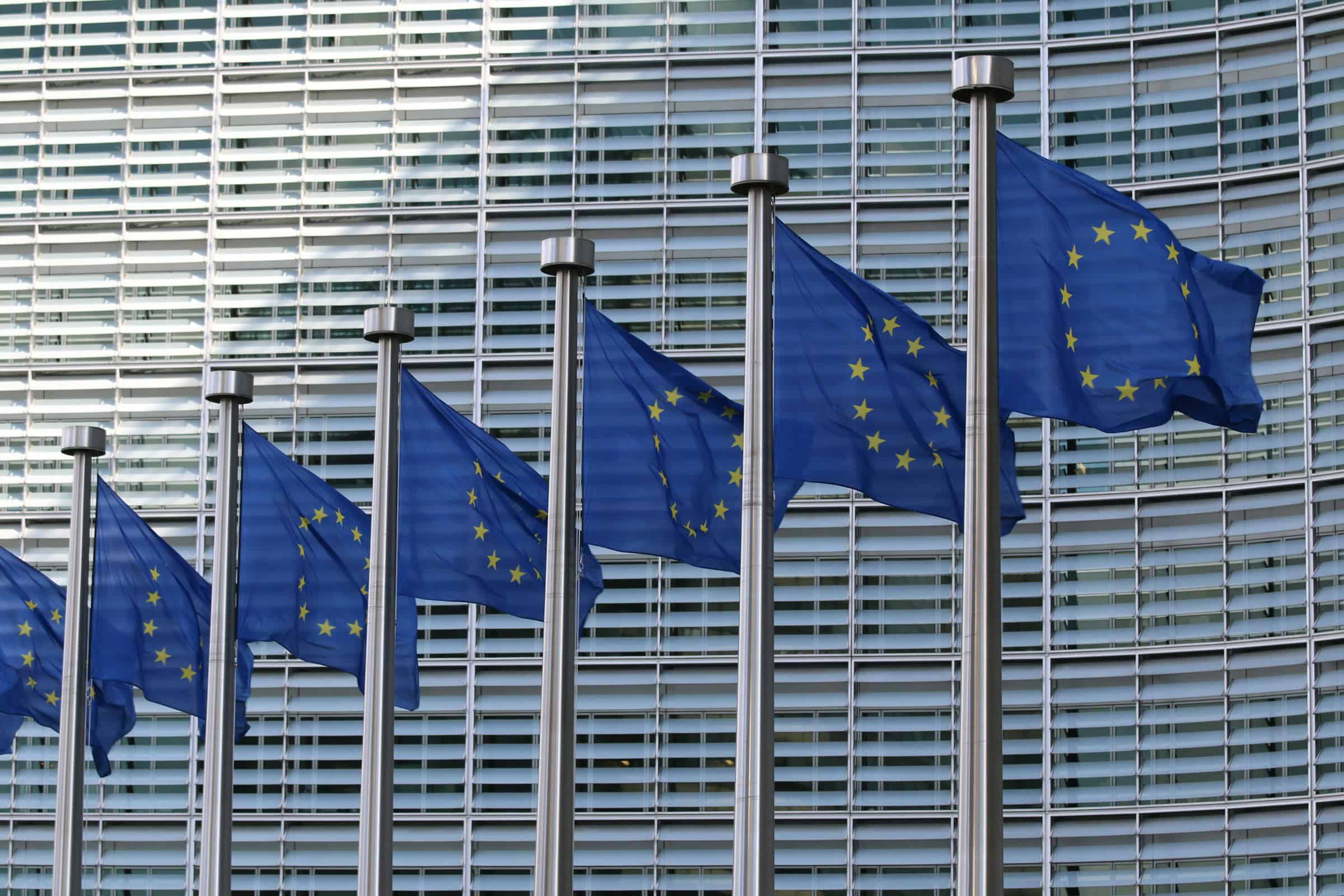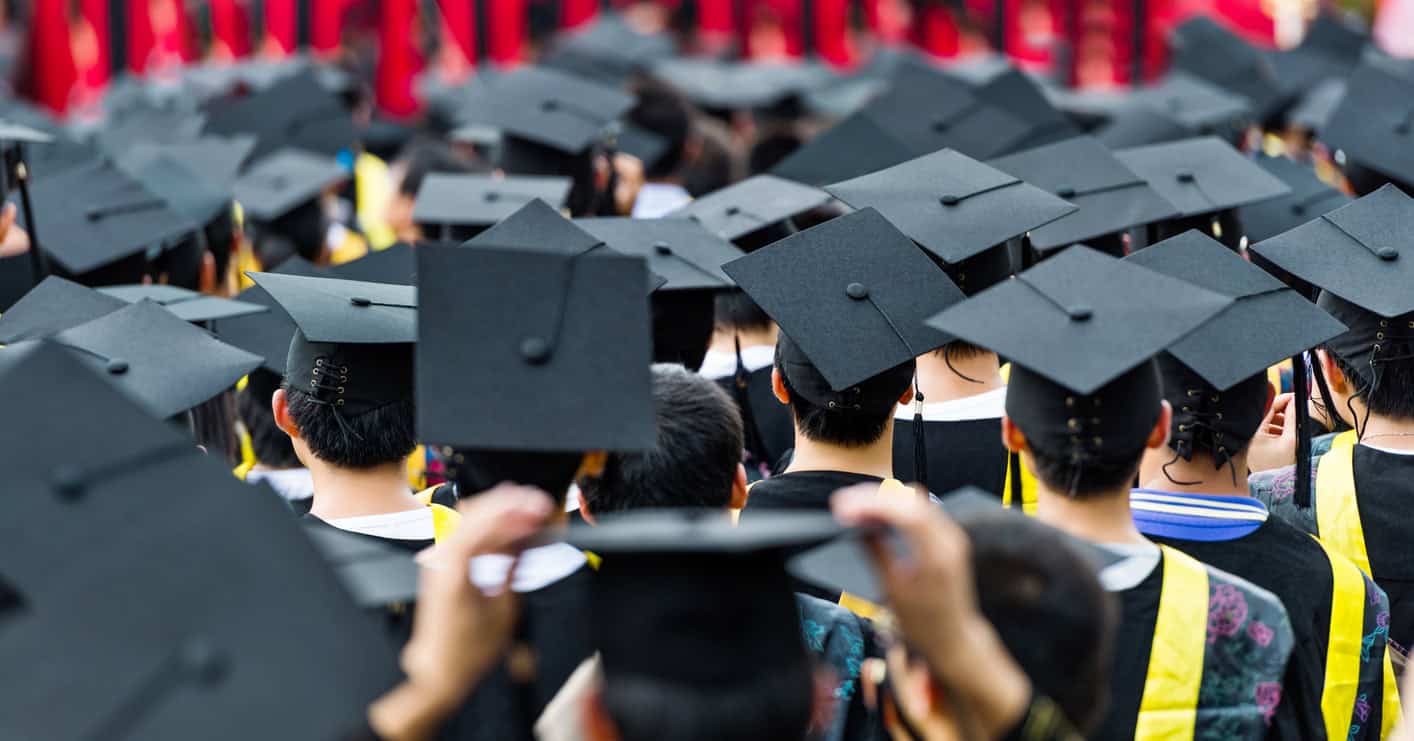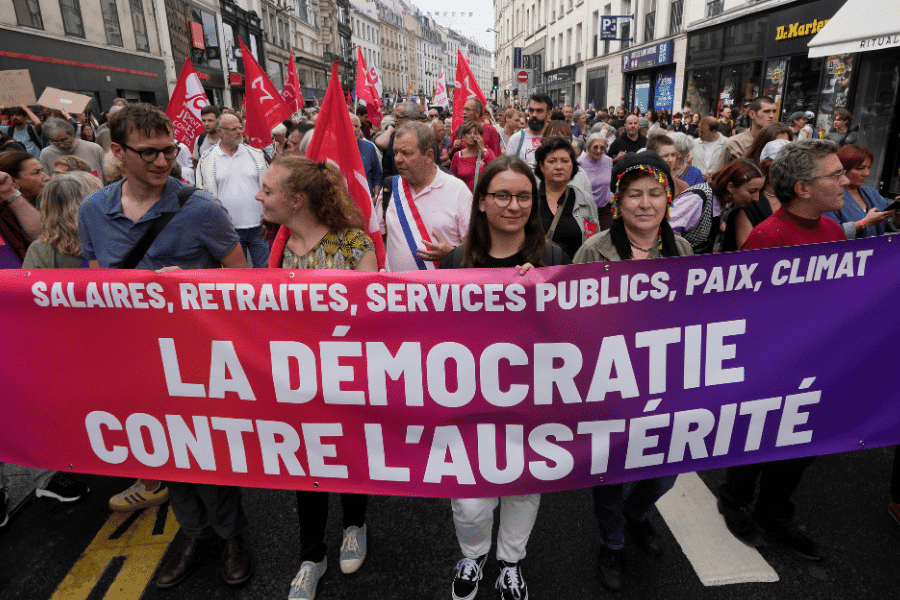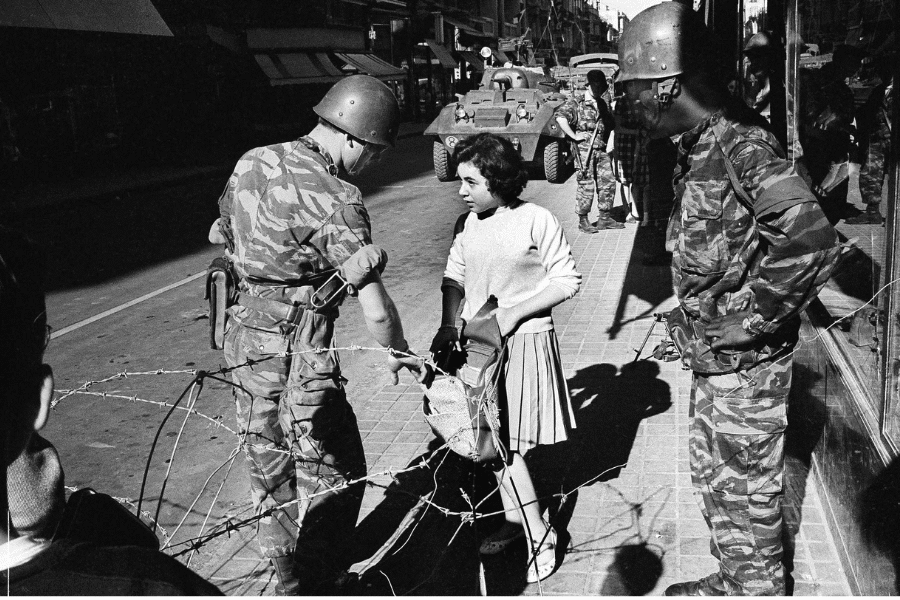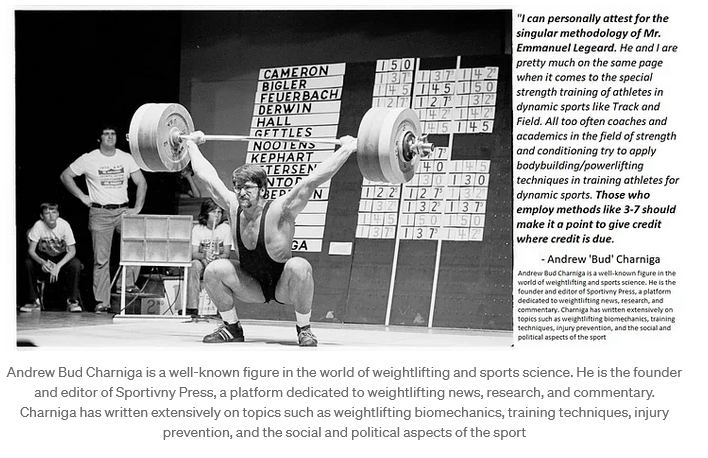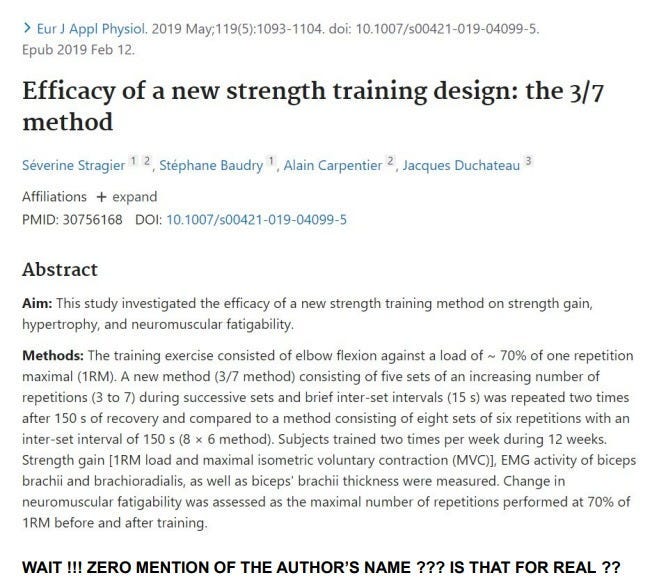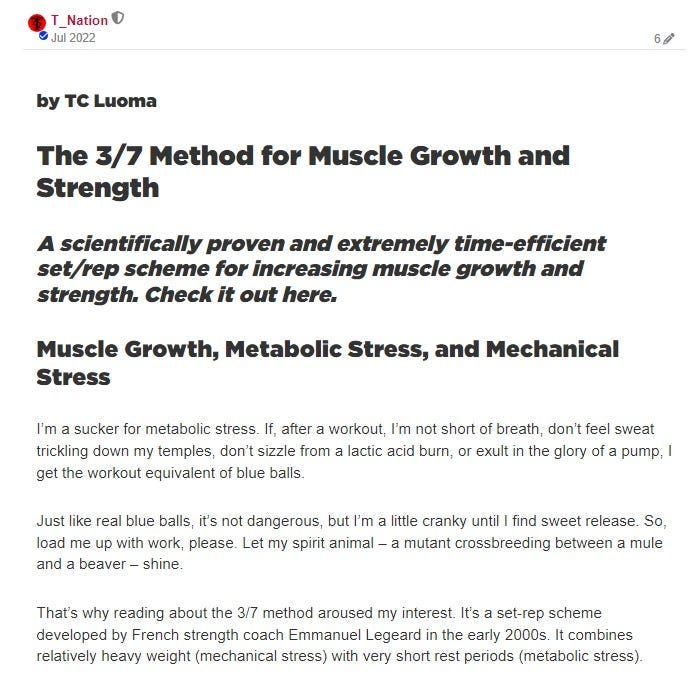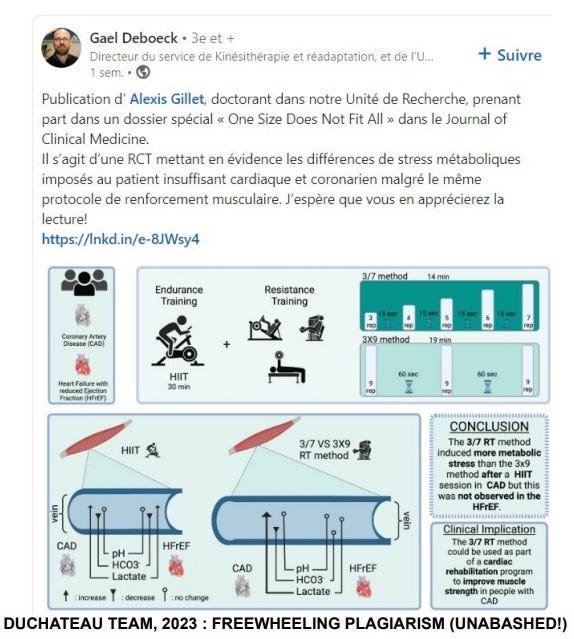1. Denmark tightens restrictions on international students
In late September, news broke that Denmark – a growing educational destination – was taking steps to make it harder for international applicants to study at Danish universities. The policy would impose stricter academic entry requirements, restrictions on spouses, national reviews of forged documents, and shorter post-study work permits for third-country students in response to rising concerns over fears education is being used as a back door into the Danish labour market. This was The PIE News’s most-read story of the year, showing rising interest in Denmark as a study destination.
2. The UK’s education secretary issues a warm welcome to international students
After years of increasingly restrictive polices affecting the international education sector, many stakeholders welcomed a new Labour government, led by Prime Minister Keir Starmer, that seemed to be rolling out the welcome mat for international students. Education secretary Bridget Phillipson released a video message addressing students thinking of choosing the UK as their study destination, reassuring them that the country is “a wonderful and safe place to study”.
3. The UK ushers in a levy on international student fees
Under the immigration white paper, a road map outlining the UK’s plans to control immigration, the Starmer government laid out plans to introduce a tax on international student fees. An announcement in the Autumn budget released more details; a £925-per-international-student flat fee for institutions in England with more than 220 overseas students. While it’s widely understood that the controversial policy was designed to help the higher education sector prove the value of international education – with the cash raised from the levy set to go towards domestic maintenance grants – critics have aired concerns that overseas students could be put off from studying in the UK if the levy is passed on in higher fees.
4. UK Graduate Route condensed by six months
In another major development for the UK sector in 2025, the international white paper introduced plans to shorten the Graduate Route – originally set at two years – to just 18 months. The condensed post-graduate work stream will come into effect in January 2027.
5. Capping student numbers would lose the Netherlands serious money
The Netherlands has long been a popular destination for international students – offering value for money and many programs taught in English. But the international education sector in the country is facing its fair share of headwinds, including right-wing politicians’ attempts to curb overseas enrolments. But research shows that capping international students at just five of the Netherlands’ universities could cause countrywide losses of up to €5bn – an eye-watering number that should leave policymakers thinking twice.
6. Germany’s international students return eightfold investment
Another major European study destination, Germany has been steadily rising in popularity over the past few years. But while students are flocking to the country, local communities can expect benefits in return. Research from the German Academic Exchange Service (DAAD) shows that international students in Germany contribute eight times more to public budgets than the amount the government spends on them.
7. Rising international student numbers in Malta
A rising ELT hub, Malta is also attracting its fair share of international students in higher education due to its friendly locals, proximity to mainland Europe, balmy climate and attractive post-graduate opportunities. This is showing up in the growing number of higher education international enrolments, with this number shooting up by more than a quarter in just one year between 2022/23 and 2023/24, according to data from the country’s National Statistics Office.
8. French institutions cash in on US policy turmoil
With the US – traditionally the most sought-after study destination in the world – facing significant challenges with Donald Trump back in the White House, other countries are seeing an influx of students looking for alternative places to study. Some, like France, are actively positioning themselves as an attractive alternative. The country has also introduced a new fellowship for American students, launched in anticipation of the 250th anniversary of the American Declaration of Independence.
9. International students flock to Ireland as Celtic Tiger roars
Ireland is fast becoming a regional hub for international education, as the largest English-speaking country still in the EU following Brexit. International students are flocking to the country in their droves, leading the the inaugural PIE Live Ireland being held in Dublin this October – at which Ireland’s higher education minister gave a video address welcoming international students.

